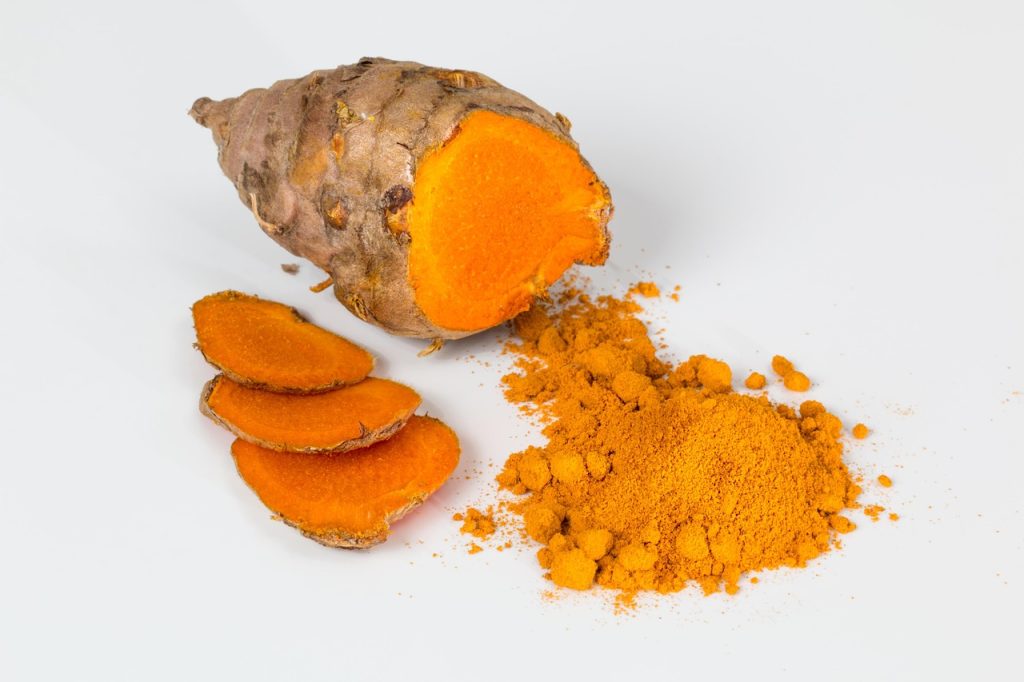The Benefits and Risks of Turmeric Supplements: What You Need to Know
Others are reading now
Turmeric has been gaining a lot of attention in wellness circles recently, thanks to its potential health benefits.
If you’re thinking about adding turmeric supplements to your routine, you’re not alone.
These golden capsules are often promoted for their ability to reduce inflammation and support overall health.
But before diving in, it’s worth taking a closer look at what turmeric really does and whether it’s a good fit for you.
Also read
Turmeric is a bright yellow spice from the root of the Curcuma longa plant. It has been used for centuries in cooking and medicine, especially in Southeast Asia.
The spice contains active compounds known as curcuminoids, with curcumin being the most well-known for its health benefits, according to Eating Well.
These compounds are believed to have anti-inflammatory and antioxidant properties that may benefit various areas of your health.
One of turmeric’s most praised benefits is its ability to reduce inflammation. Inflammation is a natural response to injury or infection, but when it becomes chronic, it can lead to health issues like arthritis.
Curcumin, the active compound in turmeric, helps reduce inflammation by blocking certain pathways in the body.
This also makes it a strong antioxidant, helping to protect cells from damage caused by free radicals.
Turmeric is also known to ease joint pain, especially in people with arthritis. Research suggests that curcumin can be as effective as some anti-inflammatory drugs in relieving pain and stiffness, without the side effects like indigestion.
Additionally, turmeric may support heart health by reducing inflammation, lowering cholesterol, and improving blood vessel function.
Your gut may benefit from turmeric as well. Curcumin’s anti-inflammatory properties may help conditions like IBS or IBD by reducing gut inflammation.
It also promotes a healthy gut microbiome by encouraging the growth of good bacteria and supporting bile production for digestion.
Turmeric may even help protect the brain from age-related diseases. Studies suggest that curcumin might reduce the effects of oxidative stress and inflammation, which are linked to Alzheimer’s disease.
That said, turmeric supplements come with some risks. They can cause stomach upset, and may interfere with iron absorption.
People with liver or kidney problems, or those on certain medications, should exercise caution.
It’s also important to make sure you’re getting a high-quality supplement since there’s a risk of contamination with heavy metals.
Before taking turmeric supplements, it’s a good idea to talk to your doctor, especially if you’re pregnant, breastfeeding, or taking medications.
If you choose to try a supplement, look for one with black pepper extract to help your body absorb the turmeric more effectively.
As always, moderation is key, and turmeric is best when it complements a balanced diet and healthy lifestyle.








